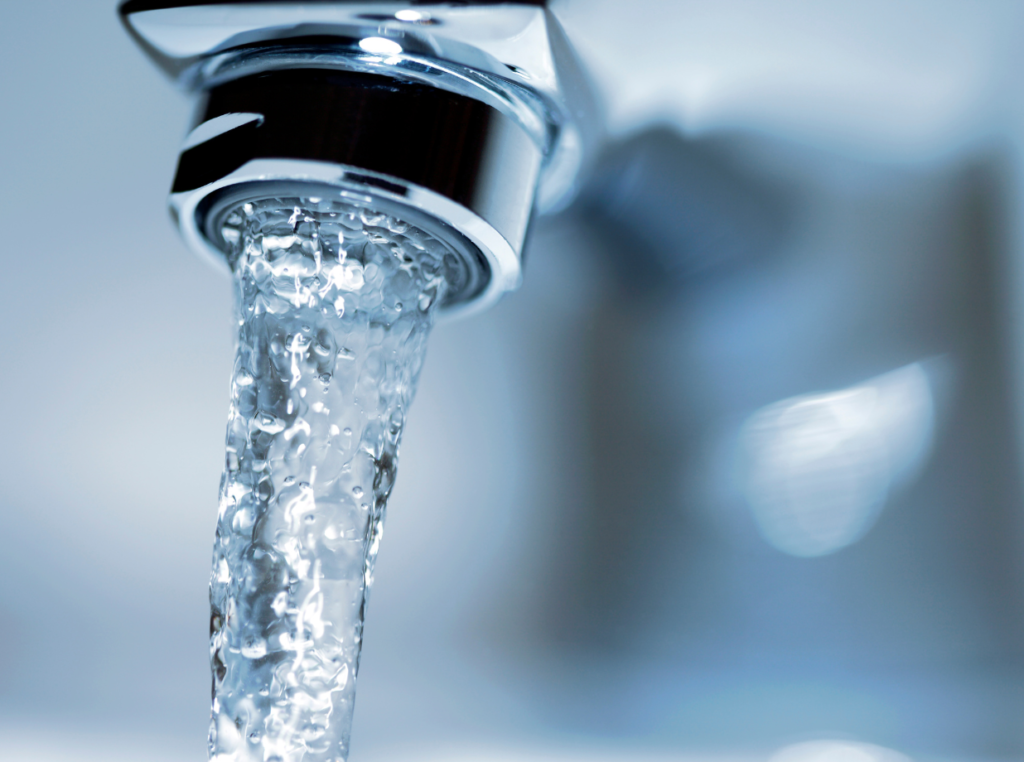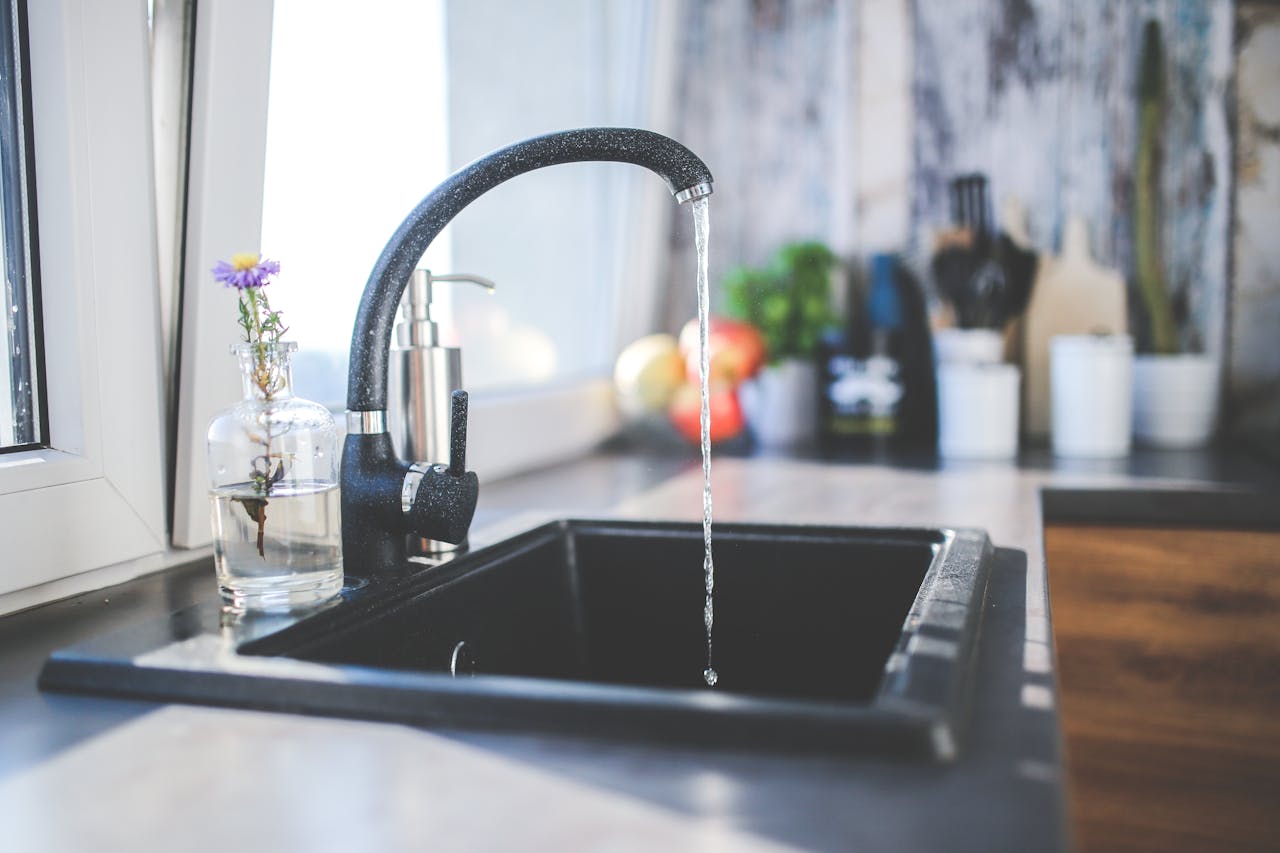Ensuring access to clean, safe drinking water is a fundamental concern for many households and businesses. Water distillation has emerged as a reliable and effective solution for purifying water, removing contaminants, and providing a consistent supply of high-quality H2O. However, determining the appropriate water distiller capacity for your specific needs is crucial to ensure optimal performance and efficiency.
The importance of accurately assessing your water purification requirements cannot be overstated. Factors such as household size, water consumption patterns, and intended usage all play a significant role in determining the appropriate distiller capacity. A household with a larger number of occupants, for instance, will typically have a higher daily water demand compared to a single-person household. Similarly, if the distilled water is intended for various applications, such as drinking, cooking, and medical use, the required capacity may be higher than if it were solely for personal hydration.
By carefully evaluating these factors, you can ensure that the water distiller you choose is capable of meeting your current and future water purification needs. This not only guarantees a reliable supply of clean water but also helps optimize energy consumption, reduce operating costs, and minimize the environmental impact of your water treatment system.
Key Takeaways
- Understanding your water distillation needs is crucial for choosing the right capacity.
- Factors to consider include the size of your household, frequency of use, and available countertop space.
- Small-scale distillers are perfect for individual or household use, offering convenience and efficiency.
- Large-capacity distillers cater to high-volume demands, making them ideal for commercial or industrial use.
- Choosing the right water distiller capacity ultimately depends on your specific needs and usage requirements.
Factors to Consider When Choosing a Water Distiller Capacity
When selecting a water distiller, it is essential to carefully consider the various factors that will influence your choice of capacity. The first and most crucial factor is your daily water consumption and peak usage demands. Accurately estimating your household’s or business’s typical water usage, as well as any anticipated spikes in demand, will help you determine the appropriate distiller size.
In addition to water consumption, the size of your living space or work environment and the available countertop or floor space must be taken into account. Compact, small-scale distillers may be ideal for individuals or small households with limited space, while larger, medium-sized or high-capacity models may be more suitable for larger homes, offices, or commercial applications.
Balancing capacity with energy efficiency and noise levels is another important consideration. While a higher-capacity distiller may seem appealing, it is crucial to evaluate the trade-offs between water production and energy consumption, as well as the potential impact on your utility bills and environmental footprint. Additionally, the noise level of the distiller can be a significant factor, especially if the unit will be placed in a living or work area.
By carefully weighing these factors, you can make an informed decision that ensures your water distillation needs are met while also considering practical constraints and long-term operational costs.
Small-Scale Distillers: Ideal for Individual or Household Use

For individuals or small households, small-scale water distillers can be an excellent choice. These compact and space-saving units are designed to fit seamlessly into even the most limited living spaces, making them a practical solution for apartments, small homes, or RVs.
The primary advantage of small-scale distillers is their suitability for single-person or small family households. These units typically have a water production capacity ranging from 1 to 4 gallons per day, which is often sufficient to meet the daily hydration and basic water needs of a small household. Their compact size and lightweight design also make them highly portable, allowing users to easily move the distiller from one location to another as needed.
Despite their smaller size, small-scale distillers still offer the same reliable water purification capabilities as their larger counterparts. They utilize the same distillation technology to remove contaminants, ensuring that the water produced is clean, safe, and free from impurities. Additionally, the simplicity of their design often translates to ease of use, making them an attractive option for those who prioritize convenience and hassle-free operation.
However, it is important to note that the limited capacity of small-scale distillers may not be suitable for households with higher water consumption needs or for applications that require larger volumes of purified water. In such cases, users may need to consider upgrading to a medium-sized or large-capacity distiller to meet their specific requirements.
Medium-Sized Distillers: Balancing Capacity and Countertop Footprint
For households or small offices with moderate water purification needs, medium-sized water distillers can provide a compelling balance between capacity and physical footprint. These units typically offer a higher water output than their small-scale counterparts, often ranging from 4 to 12 gallons per day, making them well-suited for medium-sized households or small businesses.
One of the key advantages of medium-sized distillers is their ability to accommodate the water demands of a growing family or a small office environment. With their increased capacity, these units can meet the daily hydration, cooking, and other water-related needs of a larger number of occupants, ensuring a reliable supply of purified water without the need for frequent refilling or interruptions.
When it comes to physical size, medium-sized distillers are designed to strike a balance between water production and countertop or floor space requirements. While they may be larger than their small-scale counterparts, these units are still compact enough to integrate seamlessly into most kitchen or office environments, making them a practical choice for those with limited available space.
However, it is essential to carefully consider the specific dimensions and placement requirements of medium-sized distillers, as they may still require a dedicated countertop or floor area for installation. Additionally, users should evaluate the trade-offs between increased capacity and factors such as energy efficiency and noise levels, as these can vary depending on the specific model and manufacturer.
By carefully weighing the benefits of medium-sized distillers against their physical and operational considerations, users can find a water purification solution that meets their needs while optimizing the use of available space and resources.
Large-Capacity Distillers: Catering to High-Volume Demands
For households, small businesses, or commercial applications with high-volume water purification needs, large-capacity water distillers offer a compelling solution. These units are designed to provide substantial water production capabilities, often ranging from 12 to 30 gallons per day or more, making them well-suited for large families, small offices, or even small-scale commercial operations.
The primary advantage of large-capacity distillers is their ability to meet the significant water demands of these high-volume applications. Whether it’s for drinking, cooking, medical use, or industrial processes, these units can reliably supply a continuous stream of purified water to accommodate the needs of a larger number of occupants or a more extensive water usage footprint.
However, the increased capacity of large-capacity distillers also comes with additional considerations. These units often require more substantial installation and integration, including dedicated plumbing and electrical connections, to ensure optimal performance and safety. Users must carefully evaluate the physical space requirements, as well as any necessary modifications to their existing infrastructure, to accommodate the installation of a large-capacity distiller.
Despite these additional requirements, the benefits of large-capacity distillers can be significant. By reducing the need for frequent refilling and minimizing the impact of high-volume water demands, these units can contribute to improved efficiency, reduced operating costs, and enhanced overall water purification capabilities for those with substantial water needs.
When selecting a large-capacity distiller, it is crucial to carefully assess the specific requirements of your household, business, or commercial application, and to work closely with experienced professionals to ensure a seamless and successful installation.
Continuous-Flow Distillers: Uninterrupted Water Purification
In the world of water distillation, continuous-flow distillers offer a unique and innovative approach to providing a reliable and uninterrupted supply of purified water. Unlike traditional batch-style distillers, which require periodic refilling and processing, continuous-flow models are designed to deliver a constant stream of purified water without the need for user intervention.
The primary advantage of continuous-flow distillers is their ability to provide a consistent and readily available supply of clean water. This can be particularly beneficial in applications where a constant source of purified water is essential, such as in medical facilities, laboratories, or commercial settings where water quality is of utmost importance.
By eliminating the need for batch processing and the associated downtime, continuous-flow distillers can significantly improve efficiency and reduce the burden on users. This can be especially valuable in high-demand scenarios or for individuals or businesses that require a steady and reliable supply of purified water throughout the day.
However, the integration and installation of continuous-flow distillers may require more extensive planning and consideration. These units often need to be connected to existing plumbing systems and may require additional water storage or integration with other water treatment components to ensure a seamless and uninterrupted water supply.
When evaluating continuous-flow distillers, it is essential to carefully assess the specific water usage patterns, storage requirements, and integration capabilities of your application. Consulting with experienced professionals can help ensure that the selected continuous-flow distiller is the right fit for your needs and that the installation process is carried out efficiently and effectively.
Batch-Style Distillers: Efficient and Reliable Water Production
While continuous-flow distillers offer a unique and innovative approach to water purification, batch-style distillers remain a popular and reliable choice for many households and small-scale applications. These traditional water distillation systems follow a straightforward process, where water is loaded into the unit, heated, and then collected as purified water, before the cycle repeats.
One of the key advantages of batch-style distillers is their simplicity and ease of use. These units often feature a straightforward design, with minimal user intervention required beyond the initial loading and unloading of water. This simplicity can be particularly appealing for those who prioritize hassle-free operation and consistent water quality.
Additionally, batch-style distillers can offer a high degree of reliability and predictability in their water production. By processing water in discrete batches, these units can consistently deliver a reliable supply of purified water, without the potential for interruptions or fluctuations in output that may be encountered with continuous-flow models.
However, it is important to note that batch-style distillers do require periodic refilling and user intervention, which can be a consideration for those with higher water consumption needs or a preference for a more automated system. Users must also factor in the water storage requirements, as batch-style distillers typically produce a finite volume of purified water at a time, necessitating the need for additional storage or the ability to accommodate multiple batches.
When evaluating batch-style distillers, it is crucial to assess the specific water production capacity, the frequency of refilling required, and the available storage options to ensure that the selected unit meets your water purification needs effectively and efficiently.
Energy-Efficient Distillers: Minimizing Environmental Impact

As environmental consciousness continues to grow, the importance of energy-efficient water distillation systems has become increasingly paramount. Water distillers, by their very nature, require a significant amount of energy to heat and vaporize water, making energy efficiency a critical consideration for both users and the environment.
Recognizing this, manufacturers have made significant strides in developing water distillers that prioritize energy efficiency without compromising their water purification capabilities. These energy-efficient models incorporate advanced design features, such as improved insulation, optimized heating elements, and advanced control systems, to minimize energy consumption and reduce the overall environmental impact of water distillation.
By selecting an energy-efficient water distiller, users can not only enjoy the benefits of clean, purified water but also contribute to a more sustainable future. These units can help reduce energy bills, lower greenhouse gas emissions, and minimize the strain on local power grids, making them an attractive choice for environmentally conscious consumers.
When evaluating energy-efficient water distillers, it is essential to consider factors such as the unit’s energy consumption ratings, operating costs, and any available energy-saving features or certifications. Additionally, users should assess the balance between energy efficiency and water production capacity to ensure that the selected distiller meets their specific water purification needs without compromising on environmental sustainability.
Investing in an energy-efficient water distiller can be a meaningful step towards reducing one’s environmental footprint while still enjoying the benefits of clean, safe, and reliable water. By making this choice, users can contribute to a greener future and set an example for others to follow.
Choosing the Right Water Distiller Capacity for Your Needs
Selecting the appropriate water distiller capacity is a crucial decision that requires careful consideration of your specific water purification needs. Whether you are a single individual, a small household, or a larger commercial operation, understanding your water consumption patterns and anticipated usage demands is the first and most important step in this process.
By accurately assessing your daily water requirements, peak usage demands, and any potential future growth or changes in your water needs, you can determine the optimal distiller capacity that will meet your requirements without over-or under-sizing the system. This evaluation should also take into account the available physical space, energy efficiency considerations, and any other practical constraints that may influence your choice.
Once you have a clear understanding of your water purification needs, you can begin to explore the various water distiller options available on the market. Consulting with experts, reviewing user reviews, and comparing the features and specifications of different models can help you make an informed decision that balances capacity, efficiency, and overall suitability for your specific application.
Ultimately, choosing the right water distiller capacity is not a one-size-fits-all proposition. It requires a careful assessment of your unique circumstances, a thorough understanding of the available options, and a willingness to make a decision that will provide you with a reliable, efficient, and sustainable water purification solution for years to come.
Frequently Asked Questions
What is a water distiller?
A water distiller is a device that purifies water by boiling it and then condensing the steam back into liquid form, leaving behind impurities and contaminants.
What factors should be considered when choosing a water distiller?
When choosing a water distiller, factors to consider include capacity, speed of distillation, energy efficiency, ease of maintenance, and the quality of the distilled water produced.
What is water distiller capacity?
Water distiller capacity refers to the amount of water that a distiller can purify in a given time period, typically measured in gallons per day or liters per hour.
Why is water distiller capacity important?
Water distiller capacity is important because it determines how much purified water the distiller can produce to meet your household or business needs.
What are the common capacities of water distillers?
Common capacities of water distillers range from small countertop units that can produce 1-4 gallons of purified water per day to larger freestanding units that can produce 8-12 gallons per day or more.
How do I determine the right water distiller capacity for my needs?
To determine the right water distiller capacity for your needs, consider the amount of purified water you require on a daily basis, taking into account factors such as the number of people in your household or the demands of your business.
What are the benefits of a larger water distiller capacity?
A larger water distiller capacity allows for the production of more purified water, making it suitable for larger households or businesses with higher water consumption needs.
What are the drawbacks of a larger water distiller capacity?
Drawbacks of a larger water distiller capacity may include higher initial cost, larger physical footprint, and potentially higher energy consumption.
Are there any other considerations besides capacity when choosing a water distiller?
In addition to capacity, other considerations when choosing a water distiller include the quality of the distilled water, ease of maintenance, energy efficiency, and the speed of distillation.

